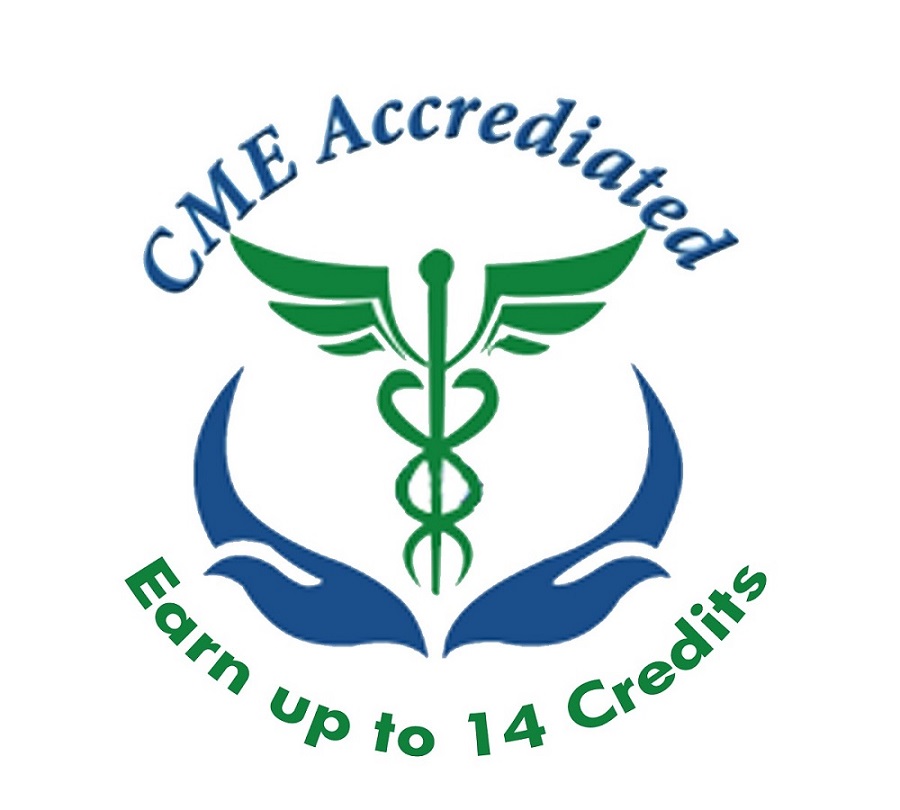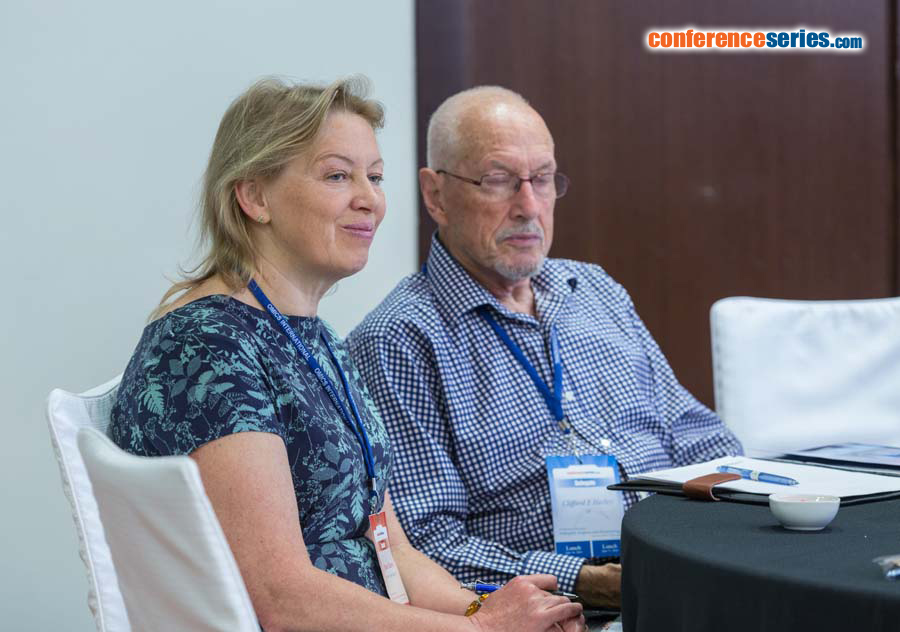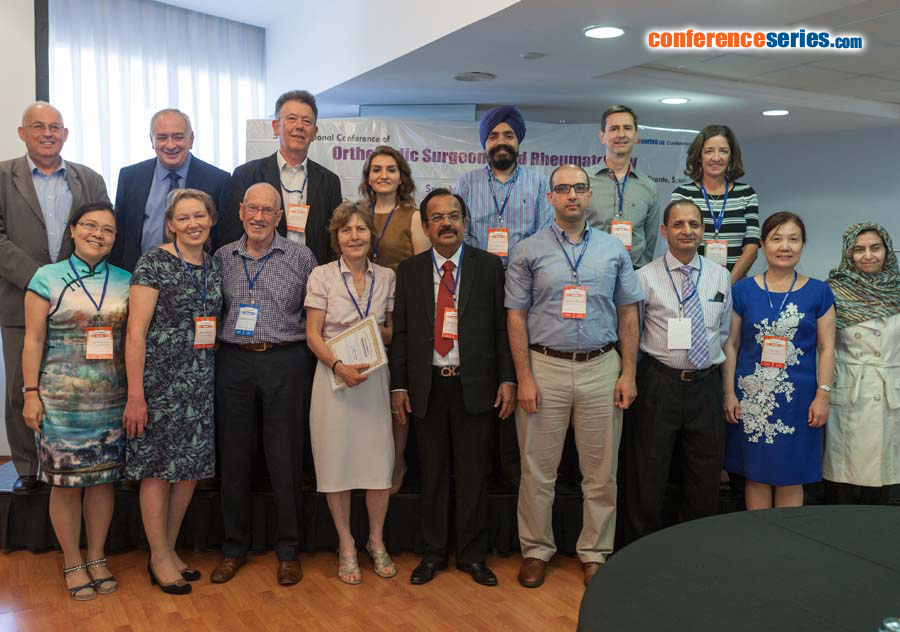
Yelena Walters
University College London, UK
Title: Can task-orientated rehabilitation improve knee function in patients 12 months after knee replacement surgery for osteoarthritis?
Biography
Biography: Yelena Walters
Abstract
Osteoarthritis (OA) of the knee is a common and debilitating disease, which at the end stage requires joint replacement surgery. Total knee arthroplasty (TKA) usually results in relief from knee pain. However, even though the surgical procedure may have been successful, the patient’s gait often does not return to a normal pattern and patients are disappointed with their mobility. The importance of physiotherapy immediately following TKA is well recognized although little consensus exists regarding appropriate rehabilitation programs for the longer term. Typically prescribed rehabilitation exercises have an internal focus on a specific muscle or joint. Movement is a complex process driven by coordinated interaction between different muscles and the peripheral and central nervous systems suggesting that practicing activities that form part of everyday life (task-orientated rehabilitation) maybe more effective. This study proposes that task-orientated rehabilitation (TOR) will enhance overall performance and satisfaction for those patients who are not content with their progress. In this study we investigate patients one year after TKA. We aim to determine the relationship between patient satisfaction using the Oxford Knee Score questionnaire (OKS) and gait characteristics using inertial movement units (IMU). We are selecting a subset of patients who demonstrate abnormal gait characteristics for a 4-week program of TOR. The program is based on the daily activities of walking and stair climbing with the aim of improving gait quality. Following this, patients are re-assessed using the OKS questionnaire and IMUs. Our preliminary results suggest a beneficial effect of TOR.



